Khan Raqib Mahmud
Hotel Booking Cancellation Prediction Using Applied Bayesian Models
Oct 23, 2024Abstract:This study applies Bayesian models to predict hotel booking cancellations, a key challenge affecting resource allocation, revenue, and customer satisfaction in the hospitality industry. Using a Kaggle dataset with 36,285 observations and 17 features, Bayesian Logistic Regression and Beta-Binomial models were implemented. The logistic model, applied to 12 features and 5,000 randomly selected observations, outperformed the Beta-Binomial model in predictive accuracy. Key predictors included the number of adults, children, stay duration, lead time, car parking space, room type, and special requests. Model evaluation using Leave-One-Out Cross-Validation (LOO-CV) confirmed strong alignment between observed and predicted outcomes, demonstrating the model's robustness. Special requests and parking availability were found to be the strongest predictors of cancellation. This Bayesian approach provides a valuable tool for improving booking management and operational efficiency in the hotel industry.
A deep learning approach for brain tumor detection using magnetic resonance imaging
Oct 25, 2022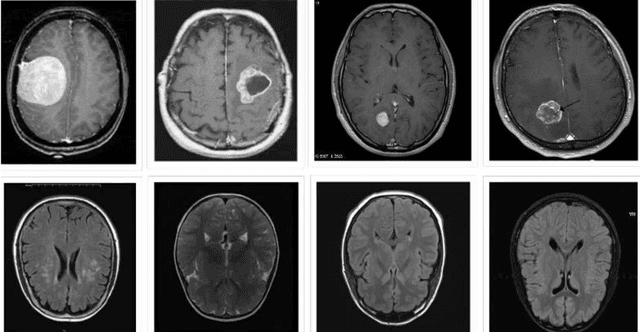
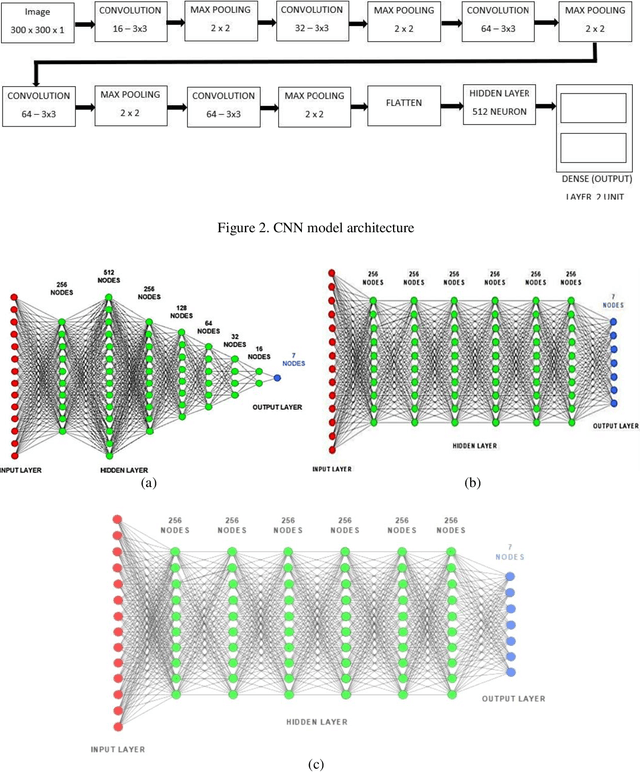
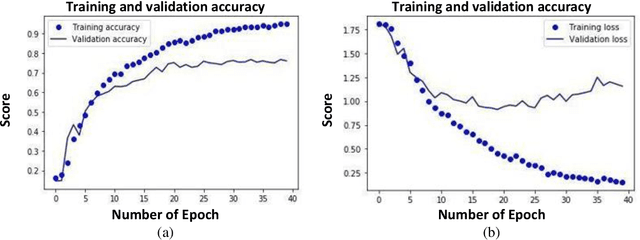

Abstract:The growth of abnormal cells in the brain's tissue causes brain tumors. Brain tumors are considered one of the most dangerous disorders in children and adults. It develops quickly, and the patient's survival prospects are slim if not appropriately treated. Proper treatment planning and precise diagnoses are essential to improving a patient's life expectancy. Brain tumors are mainly diagnosed using magnetic resonance imaging (MRI). As part of a convolution neural network (CNN)-based illustration, an architecture containing five convolution layers, five max-pooling layers, a Flatten layer, and two dense layers has been proposed for detecting brain tumors from MRI images. The proposed model includes an automatic feature extractor, modified hidden layer architecture, and activation function. Several test cases were performed, and the proposed model achieved 98.6% accuracy and 97.8% precision score with a low cross-entropy rate. Compared with other approaches such as adjacent feature propagation network (AFPNet), mask region-based CNN (mask RCNN), YOLOv5, and Fourier CNN (FCNN), the proposed model has performed better in detecting brain tumors.
Early Detection of Fish Diseases by Analyzing Water Quality Using Machine Learning Algorithm
Feb 15, 2021
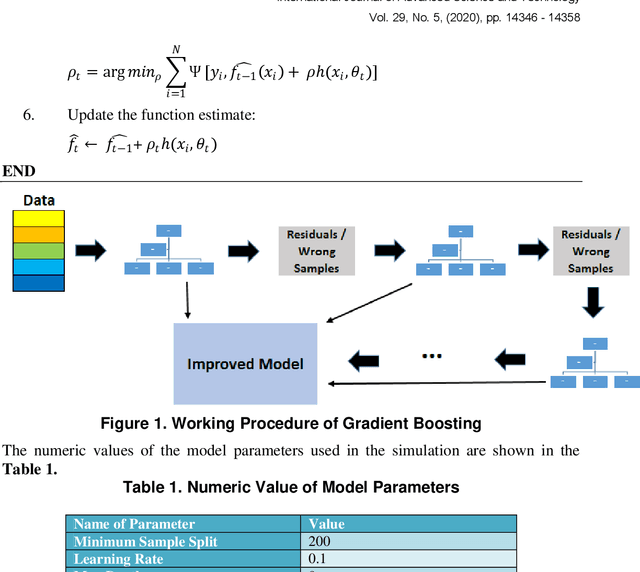
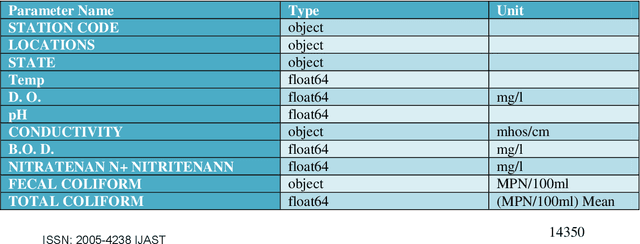
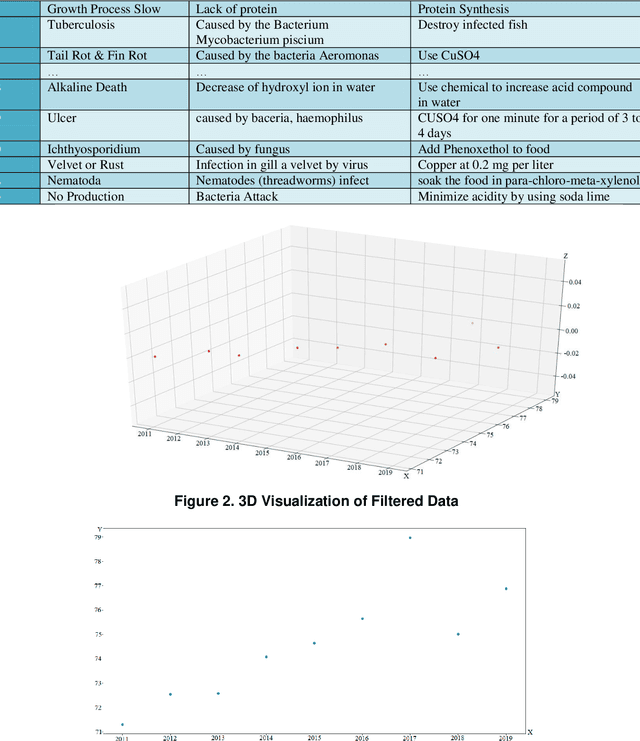
Abstract:Early detection of fish diseases and identifying the underlying causes are crucial for farmers to take necessary steps to mitigate the potential outbreak, and thus to avert financial losses with apparent negative implications to national economy. Typically, fish diseases are caused by virus and bacteria; according to biochemical studies, the presence of certain bacteria and virus may affect the level of pH, DO, BOD, COD, TSS, TDS, EC, PO43-, NO3-N, and NH3-N in water, resulting in the death of fishes. Besides, natural processes, e.g., photosynthesis, respiration, and decomposition also contribute to the alteration of water quality that adversely affects fish health. Being motivated by the recent successes of machine learning techniques in complex relational data analyses in accurate classification and decision-making tasks, a state-of-art machine learning algorithm has been adopted in this paper to detect and predict the degradation of water quality timely and accurately, thus it helps taking pre-emptive steps against potential fish diseases. The experimental results show a high accuracy in detecting fish diseases particular to specific water quality based on the algorithm with real datasets.
 Add to Chrome
Add to Chrome Add to Firefox
Add to Firefox Add to Edge
Add to Edge